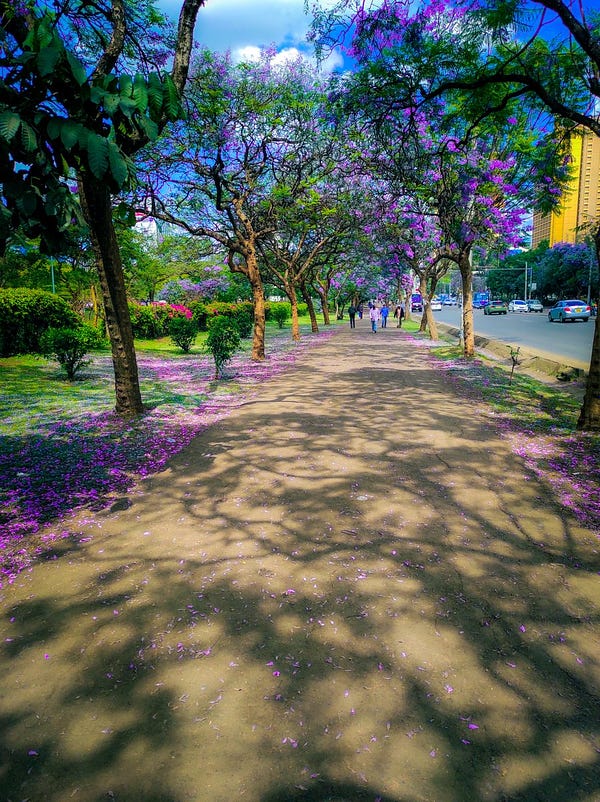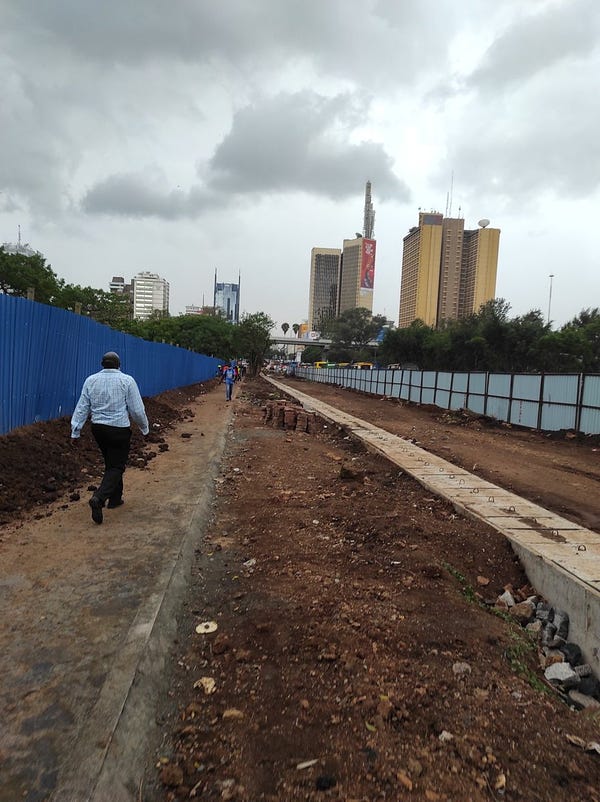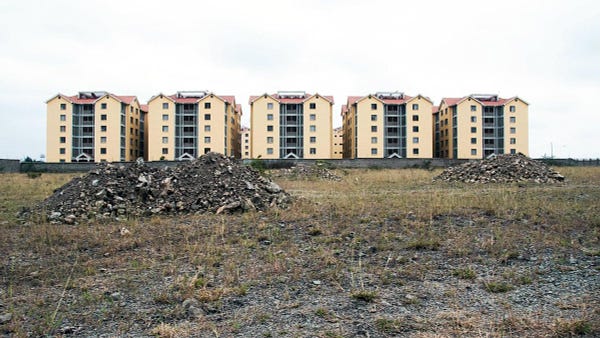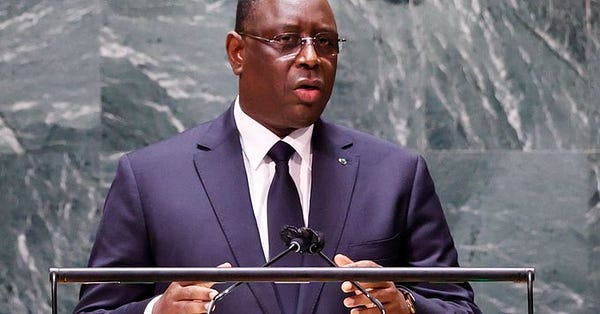Five Trends that will Shape Urban Africa in 2022
Uncovering the politics of African urbanization
In his new book Youthquake: Why African Demography Should Matter to the World, Edward Paice argues that Africa’s booming youth population – as superpowers face declining birth rates – will reshape geopolitics through global trade, migration, and social transformation.

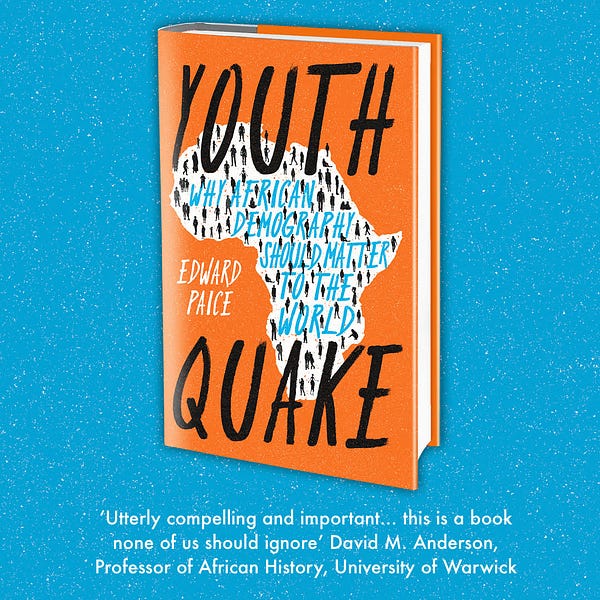
Africa is already feeling this demographic boom, most urgently in its rapidly growing cities. Howard French says it best: African urbanization is a matter of global importance. The Washington Post’s multimedia exploration of Africa’s rising cities provides an excellent glimpse into the continental transformation.

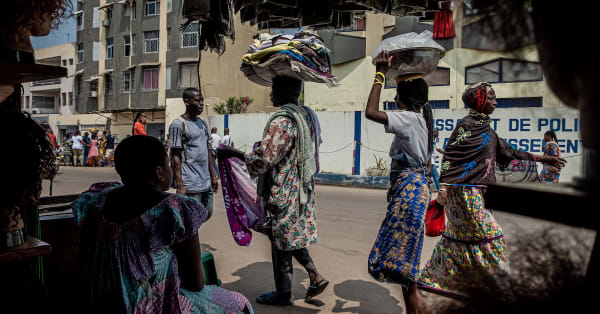
Here are five trends that will shape urban Africa in 2022.
The greying – but also greening – of public space
African cities are hot. Very hot. And getting hotter. Many cities are becoming less green as construction, infrastructure, and sprawl threaten the natural habitat.
But some governments recognize that this is a problem and act creatively. For example, Freetown has appointed a chief heat officer to help confront climate change. Citizens in Nairobi are reimagining Uhuru Park as a way to reclaim – and green – public space. Kibera has this cool public space project.

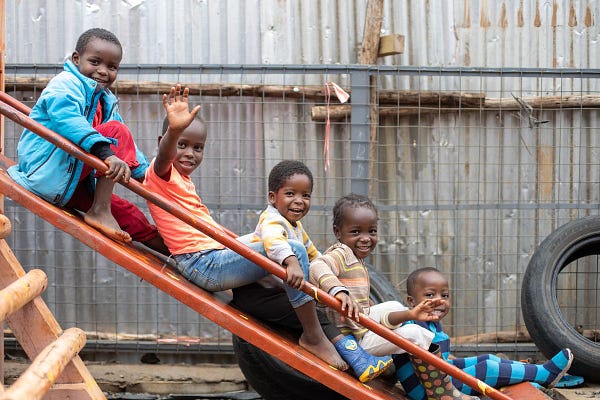
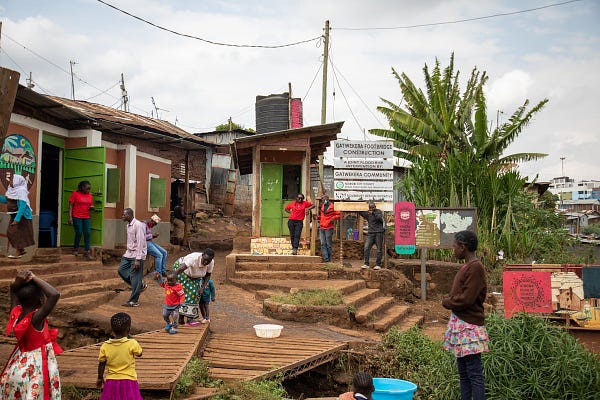
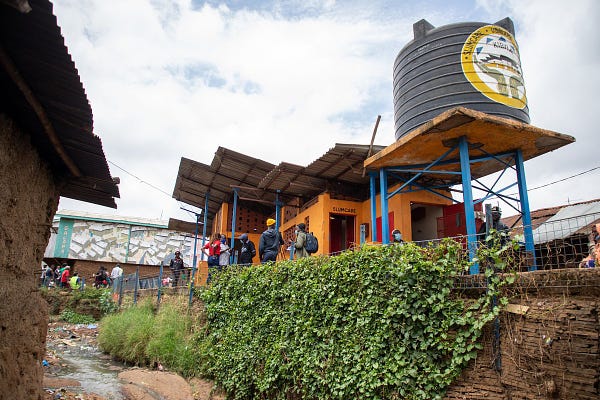
Rooftop gardens are cooling Cairo. The UN is investing in greening Nairobi and Addis Ababa. Bike shares are spreading across Kigali. How old parks get refashioned in today’s urban Africa is of utmost importance. Can African cities lead a transformative, pro-environment politics?

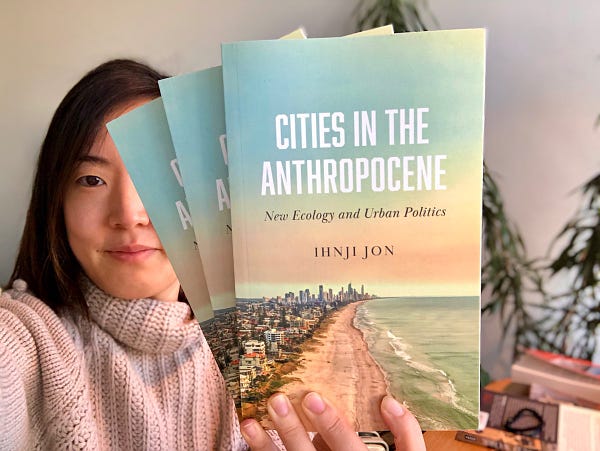
China’s impact on African cities
How is China impacting African cities? I pose this question in a recent commentary. China provides a model for what rapid urbanization might look like in African cities. But perhaps more importantly, it is actively shaping the contours of African urbanization through funding for infrastructure, planning expertise, and knowledge sharing. Sometimes, Chinese-built and funded infrastructure and housing projects displace populations on the ground, breeding resentment. Other times, authoritarian regimes use urban renewal schemes and housing investments – often funded by China – to establish political order and strengthen political legitimacy. China is not the only one reshaping cities. African governments also look to places like Dubai, Singapore, and Abu Dhabi to develop master plans and imagine a new future.

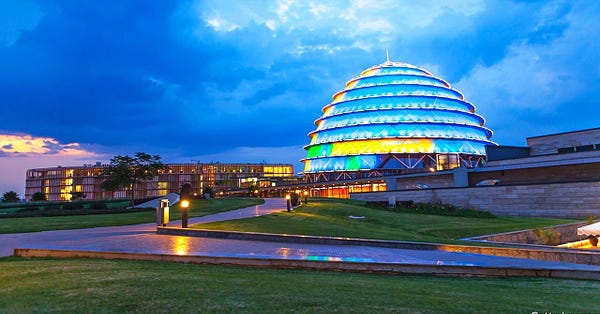
But China is the biggest player, and its involvement has the potential to reshape urban space in its own image.
The emerging middle and digital class
Africa’s urbanization has the potential to fuel a social transformation. And there is a growing middle class on the continent. More Africans have discretionary income, contributing to the rise of malls, fast food restaurants, gated communities, and cars.
Cities are trying to keep pace with this demand, but often leave the urban poor behind. The growing middle class is also turning to social media to spark innovative forms of collective action. This was especially true with #EndSARS in Nigeria, local resistance committees in Sudan, and the LGBTQ rights movement in Ghana.
The arrival of Twitter in Ghana, Google’s continued investment, and the emergence of tech hubs across the continent introduces digital infrastructure, foreign capital, market competition and job opportunities. Digital media facilitates e-magazines and literary journals, amplifying new voices on the continent. A big question remains: How will this social transformation shape politics? In one of the best books on the subject, Noah Nathan argues that Africa’s urban transition does not necessarily lead to more programmatic policies or less ethnic politics. But the jury is still out.
The dark side of the infrastructure boom
New highways, railways, ports, and dams help fuel the growth and development of cities. But Africa’s infrastructure boom comes with a dark side: the displacement of communities through forced eviction and demolitions. Accra Metropolitan Assembly continues to demolish homes and market stalls in efforts to clean and “develop” the city. New housing developments in Mukuru, Nairobi displace residents.

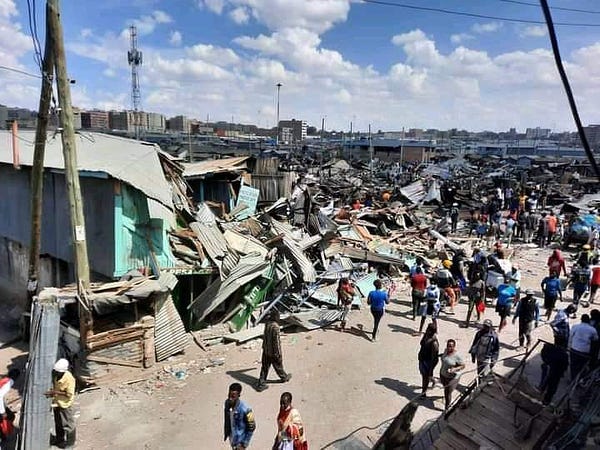
The expansion of Addis Ababa pushes farmers off their land while it caters to a new population. Informal settlement residents in Nigeria are left without compensation or shelter after losing their homes as the city transforms into a city for the rich. There are often shady connections between police, politicians, and property developers. Africa’s urban growth contributes to multiple populations and people making competing claims to land and space, a process that I call contentious urbanization. We must ask ourselves: Who are the winners and losers of Africa’s rapid urbanization?
Growing opposition in cities
Africa’s cities are a source of emergent opposition politics. In Zimbabwe, the MDC was a vibrant opposition in Harare before the PNDC cracked down. The Democratic Alliance has built its opposition to the ANC through service delivery in South African municipalities. Opposition parties now control most metros in the country. In Ghana, Nana Akufo-Addo finally won the presidency in 2016 after he made progress in Greater Accra and its poor neighborhoods. Bobi Wine draws much support from poor neighborhoods in Kampala, and is now a powerful force in Ugandan politics.

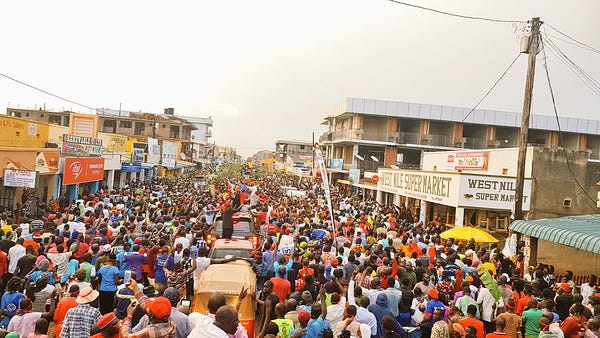
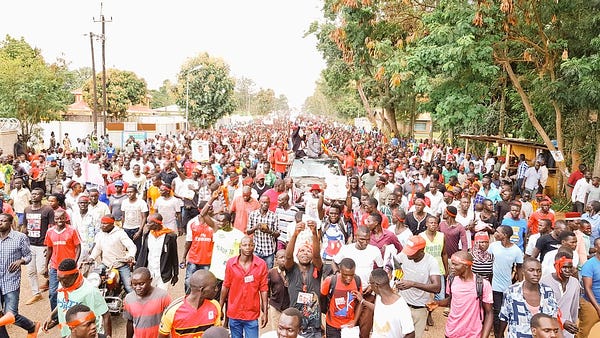
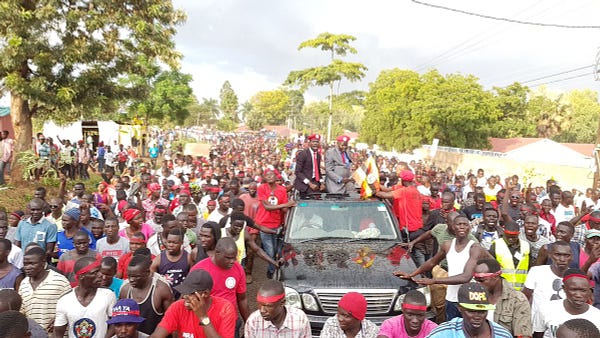
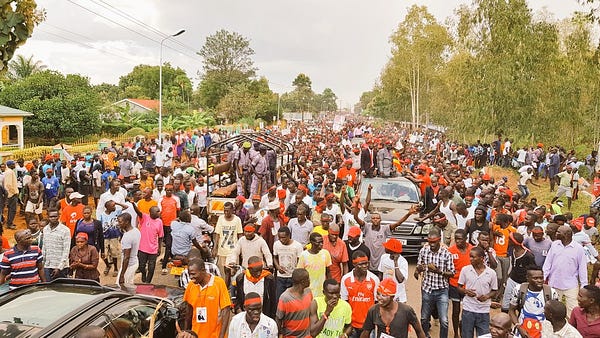
The rise of former Governor Mike Sonko in Nairobi demonstrates a new form of mobilization spreading across the continent. Danielle Resnick explains how the battle for Dakar in 2022 local elections — the ruling coalition lost key cities — could help determine the future of the presidency.
There are some exciting research projects about African cities, including our own Political Transformation in African Cities funded by the Research Council of Norway. And don’t forget the African Cities Research Consortium and African Centre for Cities.
2022 is poised to be a busy year in urban Africa!




